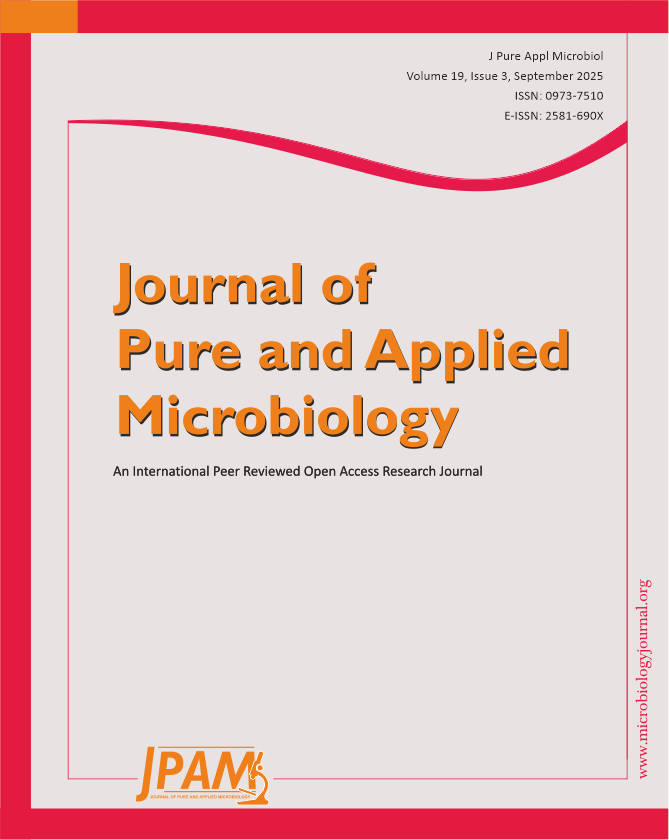Medicinal plants are widely used as part of home remedies to cure human diseases. The current research was conducted to explore the antibacterial effectiveness of Artemisia vulgaris, Nigella sativa, Origanum majorana, Moringa oleifera, Tetragonolobus purpureus, Camellia sinensis, Dolomiaea costus, Urtica dioica, and Ephedra viridis against human bacterial pathogens linked to gastrointestinal diseases. Qualitative and quantitative methods were applied to evaluate the effectiveness of the plant extracted material toward Escherichia coli, Proteus vulgaris, Bacillus subtilis, and Staphylococcus aureus. The analysis included agar diffusion method (ADM), Minimal Inhibitory Concentration (MIC), Broth Microdilution (BMD), and Phytochemical analysis of the extracts. The largest zones of ADM were obtained from U. dioica seeds against both B. subtilis and S. aureus. N. sativa was second in its ability to inhibit the same bacteria. M. oleifera showed apparent growth inhibition of B. subtilis. C. sinensis revealed moderate activity against S. aureus, E. coli, and P. vulgaris. The results of the BMD test showed that U. dioica, M. oleifera, N. sativa, and C. sinensis were effective against the tested bacteria. MIC50 ranged from 14.15-271.44 mg/ml against the tested bacteria. Phytochemical analysis showed that the test plants contained significant and variable antibacterial agents. The diversity of these agents explains their strong and different ability to inhibit bacterial growth. The research revealed the effectiveness of U. dioica, N. sativa, and M. oleifera seed extracts in combating bacteria that cause food poisoning while demonstrating the ineffectiveness of certain plants commonly prescribed to treat such diseases.
Medicinal Plants, Foodborne Pathogens, Antibacterial Activity, Phytochemical Analysis, Herbal Shops
© The Author(s) 2025. Open Access. This article is distributed under the terms of the Creative Commons Attribution 4.0 International License which permits unrestricted use, sharing, distribution, and reproduction in any medium, provided you give appropriate credit to the original author(s) and the source, provide a link to the Creative Commons license, and indicate if changes were made.


